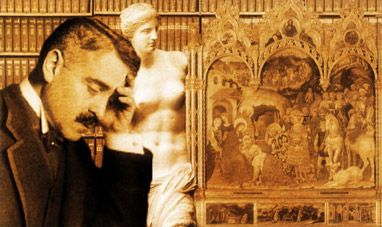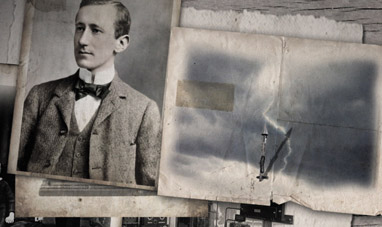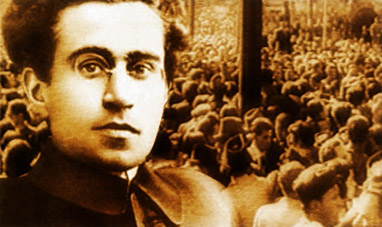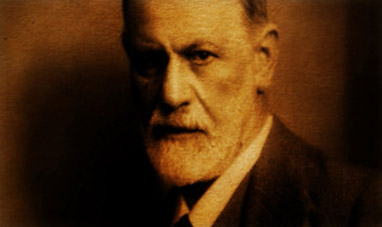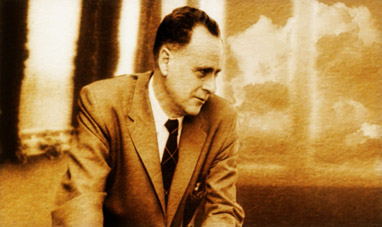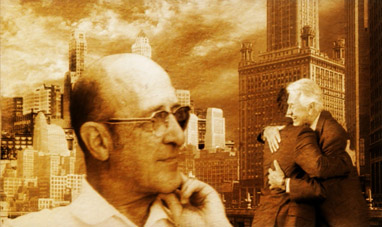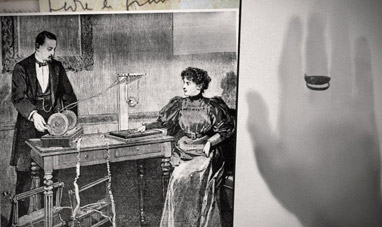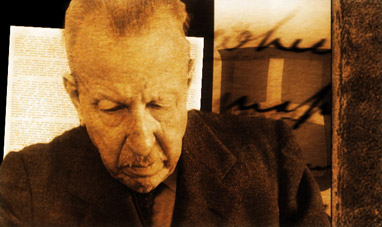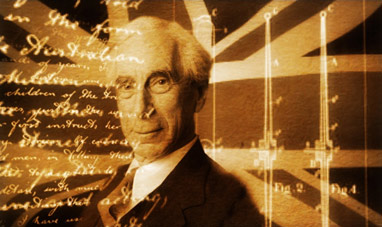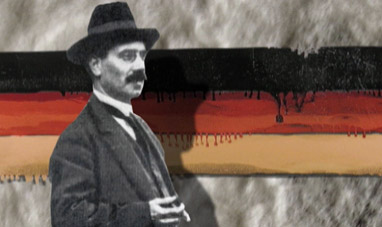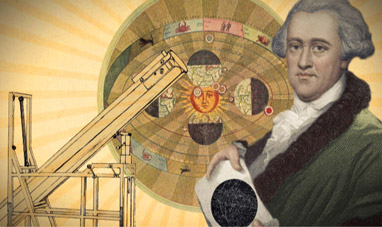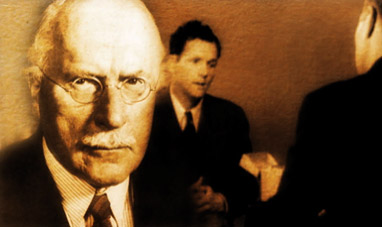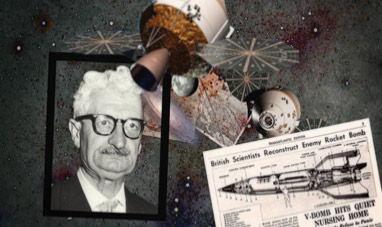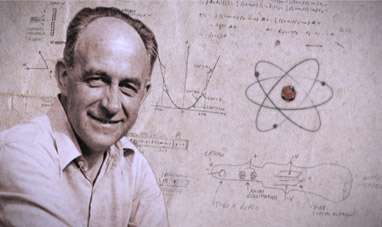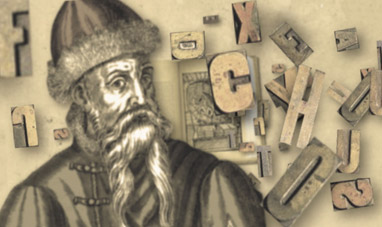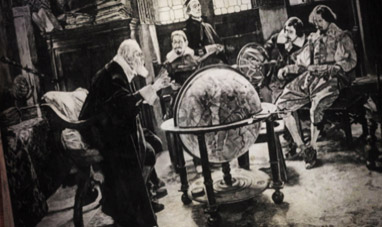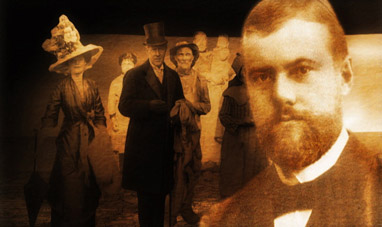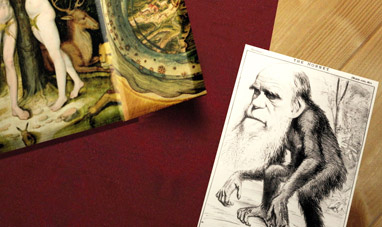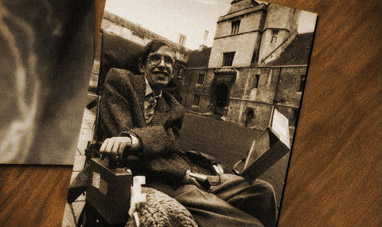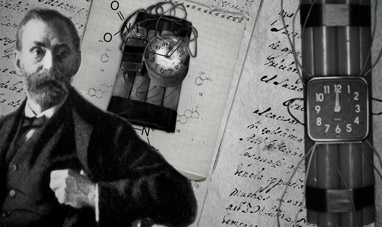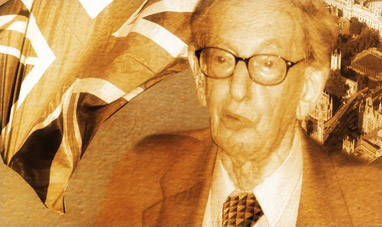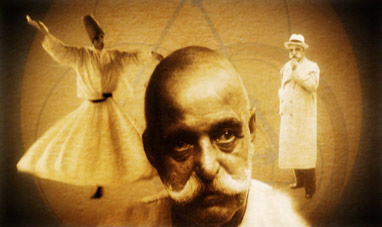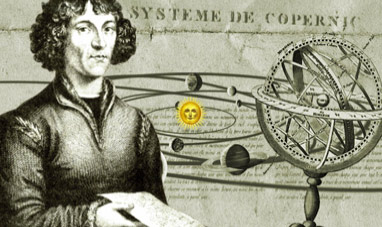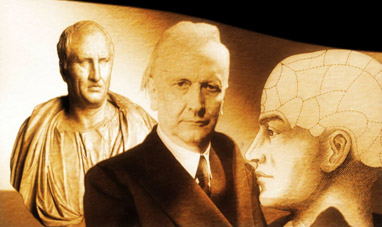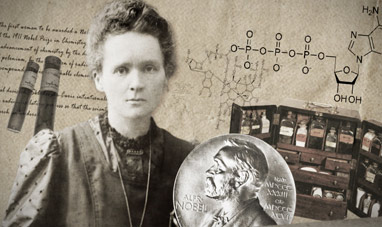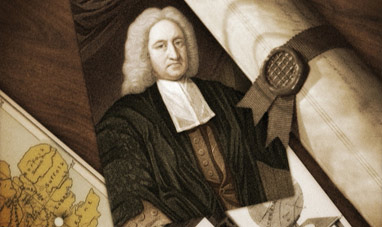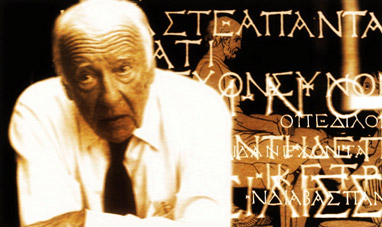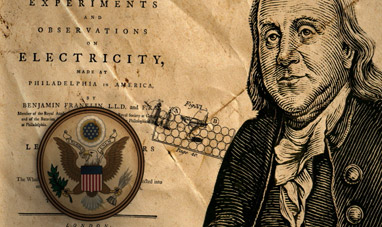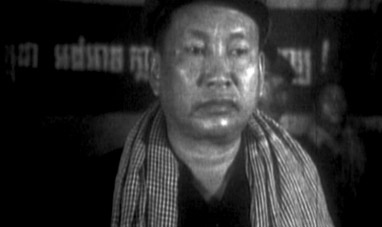Herbert Marcuse was a German philosopher who emigrated to the United States. He was born on July 19, 1898 in Berlin, to a Jewish entrepreneurial family. After fighting in World War One, he studied literature and philosophy and worked as a university researcher. In January 1933, he entered the Frankfurt Institute for Social Research. The Institute was dedicated to the development of social theories regarding society. In analyzing economic structures, the institute’s point of reference was Karl Marx, but for “superstructures” like culture and family, the institute looked more to the ideas of Sigmund Freud. The leading exponents of the Frankfurt Institute shared a critical and anti-dogmatic line of thinking against the formulation of absolute ideas, which they felt lay at the heart of every authoritarian regime. When Adolf Hitler came to power in 1933, the Institute was forced to close, and Marcuse left Germany.
After settling down in the US, Marcuse continued to cooperate with the Frankfurt Institute, which had by then been reconstituted in New York. In 1955, he published Eros and Civilization, in which he analyzed the repression that social structures exert on the individual, refuting several of Sigmund Freud’s theories. According to Freud, every form of social aggregation implied a necessary repression of an individual’s vital and erotic compulsions. According to Marcuse, this repression was neither inevitable nor characteristic in every society, but typical of capitalism and its social structure, dominated by an iniquitous distribution of wealth and by rigid hierarchical structures, beginning with the patriarchal family. According to Marcuse, in industrial societies man is repressed and alienated by the structure of work itself, at once repetitive and unrewarding, which existed in both western democracies and in societies governed by communist regimes.
With these conditions in mind, Marcuse felt it was necessary that contemporary man recover his own creativity and autonomy of thought, radically modifying the current system. However, as he clarified in One Dimensional Man, the capitalist system was so efficient in repressing every alternative thought that even potentially subversive elements like the working class or intellectuals were neutralized. Because of this, the individuals best suited to carrying out social upheaval were those least integrated into the system, like students, the unemployed, ethnic minorities, or guerrilla soldiers in developing countries. Herbert Marcuse died in Starnberg on July 29, 1979. He was 81. Thanks to the importance attributed to the subversive power of creativity, Marcuse’s line of thinking found a general consensus in the protest movements of the 1960s.
After settling down in the US, Marcuse continued to cooperate with the Frankfurt Institute, which had by then been reconstituted in New York. In 1955, he published Eros and Civilization, in which he analyzed the repression that social structures exert on the individual, refuting several of Sigmund Freud’s theories. According to Freud, every form of social aggregation implied a necessary repression of an individual’s vital and erotic compulsions. According to Marcuse, this repression was neither inevitable nor characteristic in every society, but typical of capitalism and its social structure, dominated by an iniquitous distribution of wealth and by rigid hierarchical structures, beginning with the patriarchal family. According to Marcuse, in industrial societies man is repressed and alienated by the structure of work itself, at once repetitive and unrewarding, which existed in both western democracies and in societies governed by communist regimes.
With these conditions in mind, Marcuse felt it was necessary that contemporary man recover his own creativity and autonomy of thought, radically modifying the current system. However, as he clarified in One Dimensional Man, the capitalist system was so efficient in repressing every alternative thought that even potentially subversive elements like the working class or intellectuals were neutralized. Because of this, the individuals best suited to carrying out social upheaval were those least integrated into the system, like students, the unemployed, ethnic minorities, or guerrilla soldiers in developing countries. Herbert Marcuse died in Starnberg on July 29, 1979. He was 81. Thanks to the importance attributed to the subversive power of creativity, Marcuse’s line of thinking found a general consensus in the protest movements of the 1960s.

